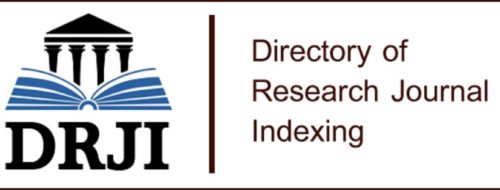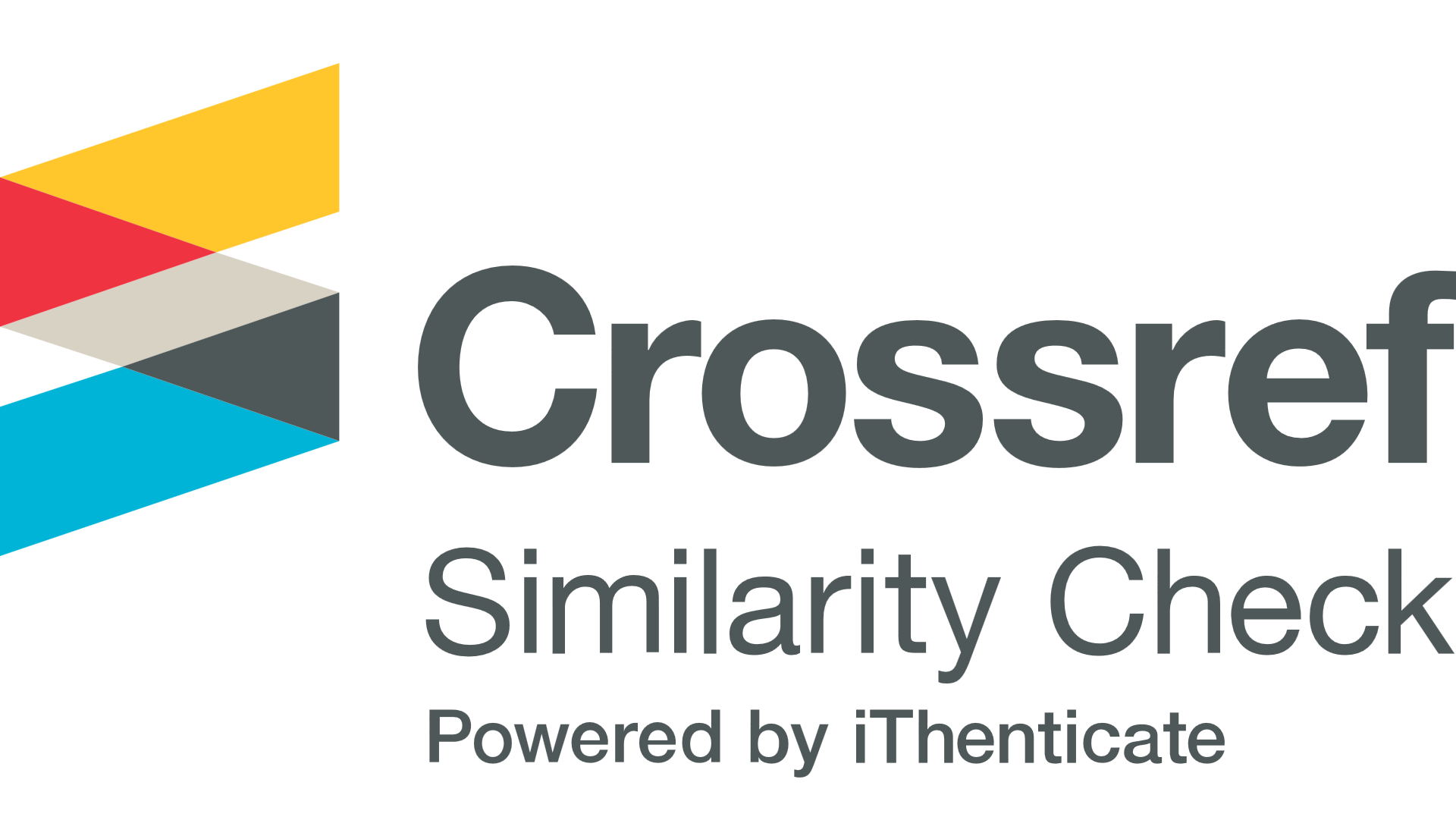Optimization of the process for discharging crude palm oil in the extractors in zone 4 of Ecuador
Investigation article
Keywords:
extractors, crude oil, tankers, discharges, heatingAbstract
Currently, companies that process oilseed products use raw palm as their main raw material, from which RBD palm, olein, stearin, fatty acids, among others, are derived. Which is why the extractors that cover Zone 4 of Ecuador have a great demand in the sale of this product, whose transportation is carried out by tankers. However, the delivery of this product generates inconveniences, because the product must be kept warm during storage in the tankers to avoid losses due to solidification of the product. The latter causes the extraction company to suffer an economic loss. This amount does not affect customers, since they cancel the value for the amount they receive, but it does affect the extractors because they earn financially for the amount delivered. Based on this analysis, an experimental design was carried out to determine and quantify the monthly amounts of product not downloaded and what it represents in money. A proposal is put forward in this work so that the tankers have an internal heating system (coil), and this can allow the product to be ready for unloading, thus achieving a greater use of the delivered product.
Keywords: extractors, crude oil, tankers, discharges, heating.
References
Afanador, J., González, D., Gómez, R., & Tovar, D. (2012). Cálculos Tas de Retorno. Obtenido de: http://www.monografias.com/trabajos101/calculos-tasa-retorno-proyecto-unico/calculos-tasa-retorno-proyecto-unico.shtml.
Alvarado-Tobías, M. (2010). Evaluación del proceso de clarificación en la planta de beneficio Palmagro S.A. Colombia: Universidad Nacional de Colombia.
Castillo-González, A. (2012). Tecnología aplicada en la producción de aceites comestibles en el Ecuador
Fedepalma. (2014). La planta extractora de aceite de palma: control del proceso. Revista Palmas, 19.
García-Mujica, R., Benavides-Cedeño, G., & Alcívar-Cedeño, U. (2018). Distribución y análisis financiero de una planta de producción de ácido láctico. Revista científica multidisciplinaria arbitrada YACHASUN, 2(3), 20-28. https://doi.org/10.46296/yc.v2i3.0011
Guevara-Cárdenas, I. (2013). Evolución de la producción de aceite de Palma.
Gutiérrez-Pulido, H., & De La Vara-Salazar, R. (s.f.). Análisis y diseño de experimentos. Guadalajara-México, GUA, México: Mc Graw Hill.
Pilco-Saca, G. (2015). Optimización del proceso de extracción de aceite de Tungurahua (Oenocarpus bataua) en función del rendimiento. Ambato-Ecuador: http://repositorio.uta.edu.ec/jspui/handle/123456789/9366.
Uribe-Santos, G. (2010). Extracción de Palma y Palmiste. Colombia: Fedepalma.
Published
How to Cite
Issue
Section
License
Copyright (c) 2018 Scientific Journal INGENIAR: Engineering, Technology and Research

This work is licensed under a Creative Commons Attribution-NonCommercial-ShareAlike 4.0 International License.

















